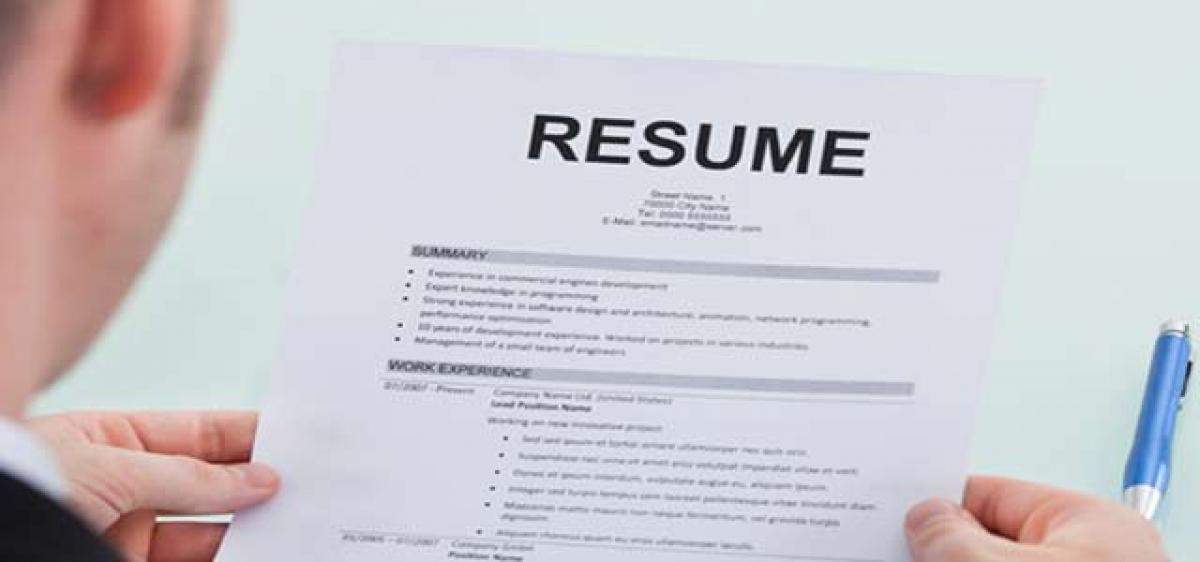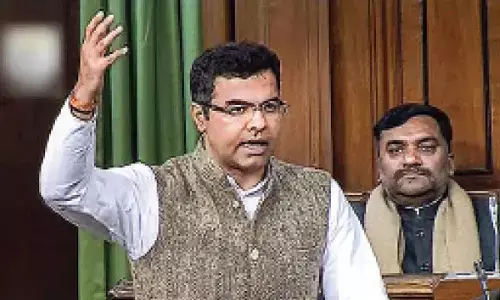Challenge of resume preparation for Freshers

In no time every student is confronted with the exit gates of college to the industry and it all starts with preparation of a resume. The purpose of this is to present your candidature for a given opportunity both for on campus placements and for outside campus as well. But students often are dreaded with this task of preparing a resume for various reasons, the main one being not knowing what to i
In no time every student is confronted with the exit gates of college to the industry and it all starts with preparation of a resume. The purpose of this is to present your candidature for a given opportunity both for on campus placements and for outside campus as well. But students often are dreaded with this task of preparing a resume for various reasons, the main one being not knowing what to include in this resume.
Usual challenges:
Students feel that they are severely handicapped in this task due to lack of any kind of professional experience. One should remember that this very limitation of students can be turned into a great opportunity to differentiate themselves from the crowd.
We will see how to do this below. Another main challenge student’s face is not knowing which format to follow and present. There are so many formats out there when you google for resume formats, it gets confusing as to which one appeals more to recruiters and interviewers.
A simple answer is choosing the format that looks clean and spaced and appeals to the eye. Again, given the limited content a resume of a fresher would have relatively when compared to that of an experienced professional, this also is an opportunity to choose any format that is more presentable.
One should note that as one gains experience your freedom to experiment and choose a resume format starts to go down as the professional achievements content keeps increasing.
Common mistakes
First and the foremost mistake many students make when preparing a resume is not articulating who they are, what they offer and how they are good at what they offer. If you can, change the name on your resume to some other person and pick it up after a week and read as though you are reading the resume of someone else.
And notice what that resume is communicating. Do you get a picture of who that person is? If you do, what kind of picture are you getting? Are you motivated enough to put his resume in the shortlisted bucket?
Students, sometimes treat resume as a V card for the recruiter to contact them and prepare it with less seriousness thinking the rest can be communicated when talking in person.
This is a huge mistake. One should realize sooner that an in person meeting is less likely to happen if the resume is not shortlisted in the first place. And for a resume to be shortlisted, it needs to address specific needs of the recruiter.
Second mistake I see students making is creating all kinds of informal email ids and using the same for professional communications as well. Email ids sounding like sweety, smarty, terminator etc. should be avoided at all costs.
This not only presents an unprofessional picture, it may create a completely contrasting picture of who you really are. Always have an id that has your first name or last name or both and avoid year of births in your email id.
Third common mistake that some students do is to list all the courses they have done and list any training programs that they have attended. Remember, times have changed and industry values not what one has learned at the college or outside but how one has applied it.
Another problem with listing all skills learned is that you will come across as an allrounder fresher which really means you do not have a core skill nor a string area. This is not the picture you want to create for a recruiter when you are applying.
How to overcome these challenges
Always try to choose a core skill path and project your skills around that track with the courses you have done, with the applications of what you have learnt and any other contributions in this area. Second, try and participate in as many activities as you can during your college.
These could be cultural, or volunteering for professional organizations, or conducting your own meet ups and events. Just attending the college for academic sessions will leave you with a void in your overall holistic profile. Third, always focus on applying what you have learnt through personal projects and internships outside and do not just focus on learning and excelling in the exams.
You can start with your placements office of your college and gather resumes of alumni who got placed in the earlier years. Go through these carefully and note from each resume things that clicked with you.
Always establish a network with alumni in your college to get your resume reviewed. And note that resume preparation is not a one time activity but an iterative development process.
There should be good enough long breaks between each iteration so that you come out of your strong notions and always look at your previous draft with a fresh perspective and edit and refine the draft further.
Do not shy away from quoting your personal accomplishments in sports, hobbies, extra-curricular activities etc. These are often great ice breaker pointers that will get the conversation going in a relaxed fashion during interviews and sometimes it may even establish a connection with the interviewer if he or she is also from the same background.
To summarize, always keep this on top of your mind that the sole purpose of the resume is for you to persuade the reader to want to know more about you by shortlisting you for an interview. Once you are shortlisted, this persuasion process turns into in person which then is the next step in this journey.
By: Sharat Konatham
(The writer is an entrepreneur and ISB alumni who runsThoughtwise, a career counselling service. He can be reached at [email protected])
















